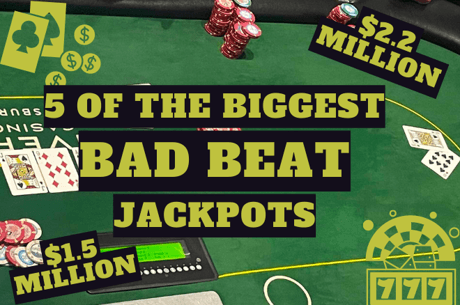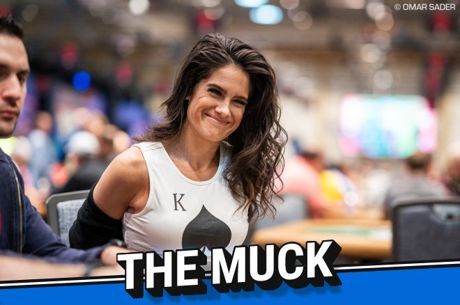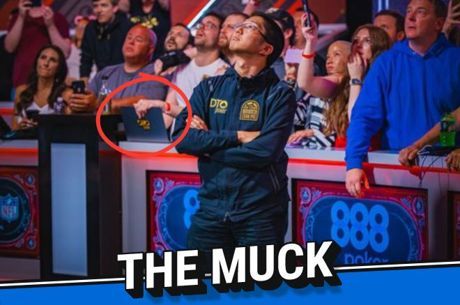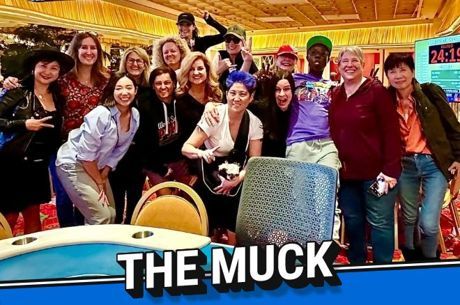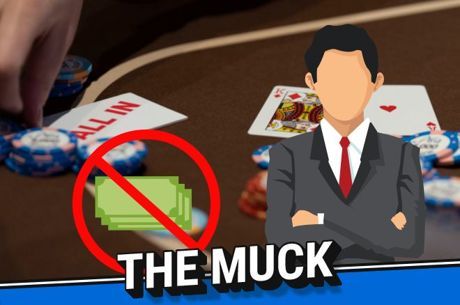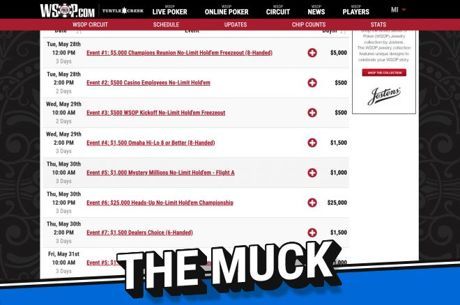The Muck: Should You Take a Lump Sum Payout on a Massive Jackpot Win?
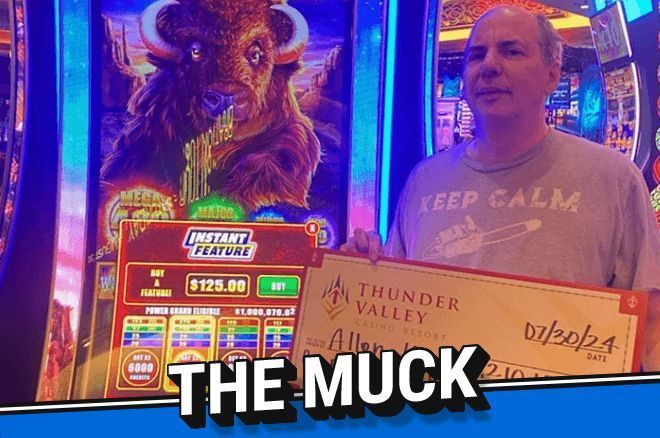
Table Of Contents
What should Allen Kessler do with the $1.2 million slot machine jackpot he hit Monday night? Celebrate and spend it, of course. But the real answer isn't as simple as it may seem, at least to those who aren't regular slot players.
In our most recent edition of The Muck, we discussed the poker community's reaction to the World Series of Poker (WSOP) Main Event solver controversy. We're shifting gears a bit to see what the poker world has to say about a financial issue.
What's the Situation?
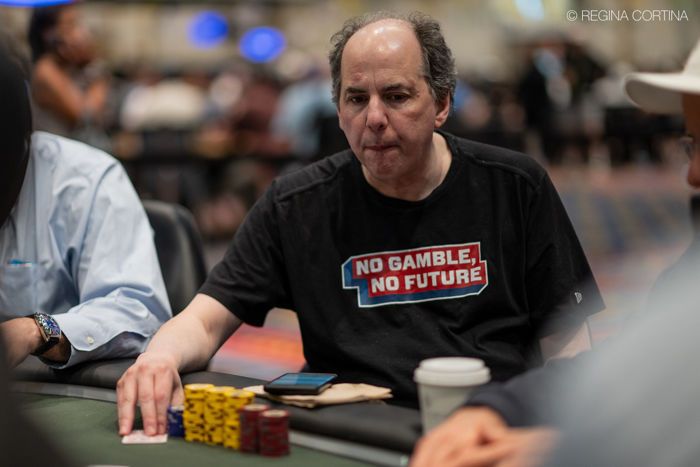
Kessler, a polarizing but popular figure within the poker community, hit a massive jackpot on a Buffalo slot machine at Thunder Valley Resort & Casino in Northern California. He was betting $125 to buy bonuses on the game, and hit a seven-figure grand jackpot after having lost about $12,500 during a 12-hour session. But he wasn't going to walk out of the casino with anything close to the amount the jackpot pays.
"Jackpot prizes of $500,000 or greater will be paid by Aristocrat in periodic payments over 20 years, or a discounted lump sum upon proper jackpot and winner verification," a note on the slot machine stated.
So, Kessler was presented with two options for a payout: He could either take a lump sum payment of $805,120, or he could receive an annual payment of $60,505 for the next 20 years.
This situation is similar to that of former Major League Baseball star Bobby Bonilla who retired from baseball in 2001, but still receives a $1.1 million check annually from the New York Mets because he signed a deferred contract. Shohei Ohtani, a two-way generational superstar, signed a similar but larger contract with the Los Angeles Dodgers this past offseason. The main difference, however, is that Ohtani will receive the bulk of the $700 million deal on the backend.
What Should He Do?
We use the Kessler jackpot scenario to address a lump sum versus annuity payout. But this sort of situation could also apply to poker bad beat jackpots, or really any type of jackpot where the winner stands to receive life-changing money. In this case, the longtime poker tournament grinder and fast-food connoisseur polled his X followers to get their opinion on his important decision.
At the time of publishing, over 5,200 people had voted in his poll, with an overwhelming 90% advising Kessler to take the lump sum payout. But Matt Berkey provided some valuable advice.
"This is a question for your accountant, not Twitter. I suspect tax implications along with dollar utility will be the deciding factor. Seems at least close to me unless you can mostly write the winnings off," Berkey advises.
Berkey's take was in the minority. In fact, most who responded to the Solve for Why founder-s comment disagreed and argued that the decision between the two options isn't even close as to which one is better.
"Lump sum is so +EV that I think someone from their accounting department may have made an error," Katie Dozier commented.
"These two things are not equal. Not even close to equal. Plus you are down in tournaments this current year. You won't have to pay the full tax amount on the lump sum. You can also play tournaments for the rest of 2024 at a discounted effective buyin.
Congrats," Matt Glantz argues.
Hundreds of poker players have chimed in on Kessler's big decision, and all but a few have given the same advice �� take the lump sum payout. What do you think the "Chainsaw" should do?


